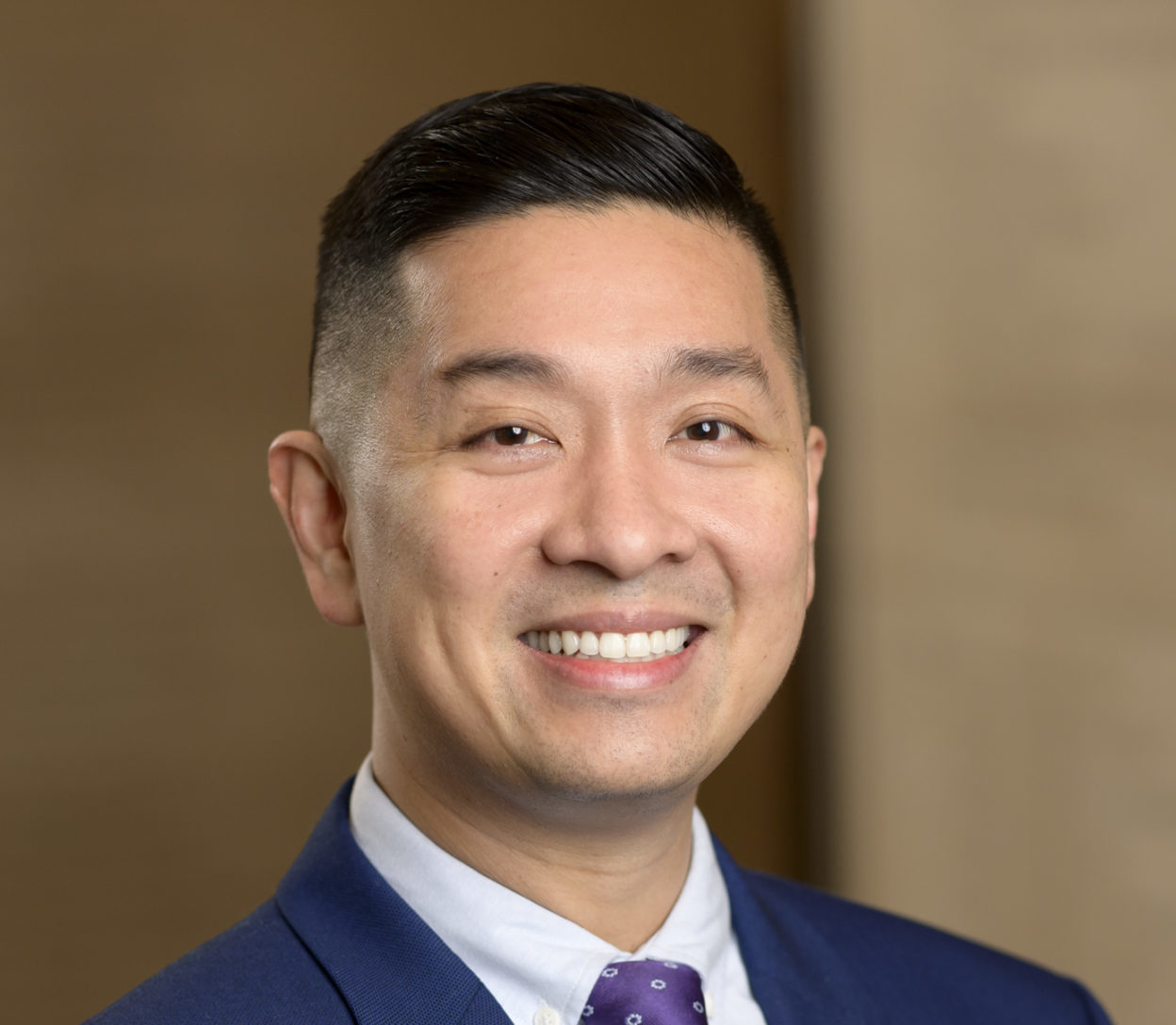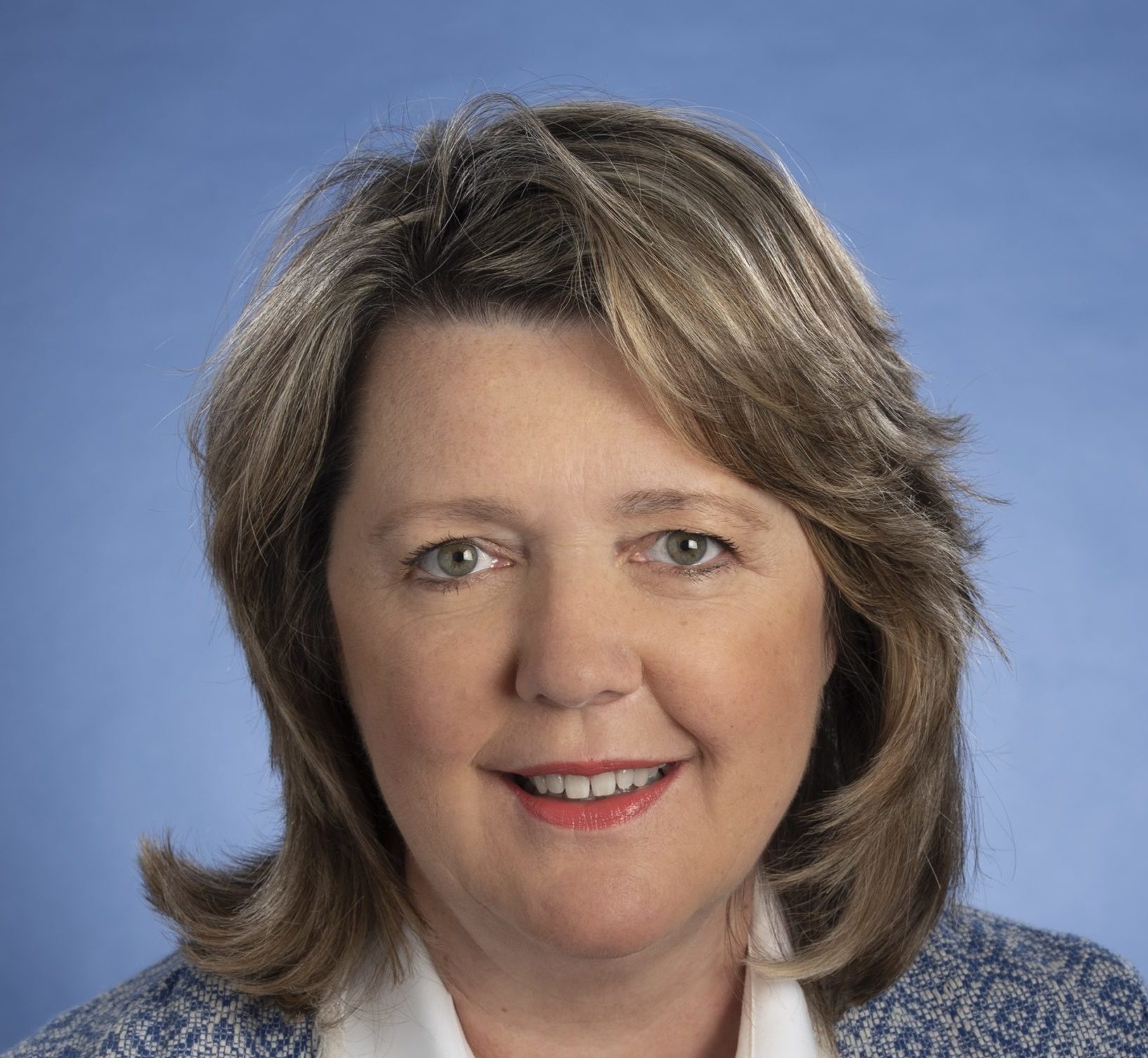Target Audience
This activity has been designed to meet the educational needs of oncologists, radiation oncologists, thoracic surgeons, pathologists and oncology nurse specialists involved in the management of NSCLC worldwide.
Disclosures
USF Health adheres to ACCME Standards regarding commercial support of continuing medical education. It is the policy of USF Health that the faculty and planning committee disclose real or apparent conflicts of interest relating to the topics of this educational activity, that relevant conflict(s) of interest are resolved and also that faculty will disclose any unlabeled/unapproved use of drug(s) or device(s) during their presentation.
All individuals in a position to influence content have disclosed to USF Health any financial relationship with an ineligible organization. USF Health has reviewed and mitigated all relevant financial relationships related to the content of the activity. The relevant relationships are listed below. All individuals not listed have no relevant financial relationships.
Faculty
Dr Alexander Drilon discloses: Advisory board or panel fees from AbbVie, AstraZeneca, Axis Pharma, Bayer/Eli Lilly (Loxo), BeiGene, BerGenBio, Blueprint Medicines, Chugai Pharmaceutical Co. Ltd, Elevation Oncology (formerly 14ner Oncology), EMD Serono Inc., Exelixis, Genentech/Roche (Ignyta), Harborside, Helsinn Healthcare, Hengrui Therapeutics Inc., Melendi, Merus, Monopteros Therapeutics, Novartis, Nuvalent, Pfizer, Remedica Ltd., Repare Therapeutics, Takeda (Millenium/Ariad), Turning Point Therapeutics, Tyra Biosciences and Verastem Oncology. Associated research (paid to institution) from Exelixis, GlaxoSmithKlein, Pfizer, PharmaMar, Taiho Pharmaceutical Co. Ltd. and Teva Pharmaceuticals. Other royalties from Boehringer Ingelheim, Merck, Merus and Puma Biotechnology.
Prof. Andrea Bezjak discloses: Advisory board or panel fees from AstraZeneca. Speaker’s bureau fees from AstraZeneca.
Prof. Keith Kerr discloses: Advisory board or panel fees from AbbVie, AstraZeneca, Bayer (terminated), Boehringer Ingelheim, Celgene, Debiopharm Group, Eli Lilly, Merck Serono, Merck Sharp & Dohme, Novartis, Pfizer, Regeneron and Roche. Speaker’s bureau fees from AstraZeneca, Boehringer Ingelheim, Eli Lilly, Merck Serono, Merck Sharp & Dohme, Novartis, Pfizer, Roche and Ventana Medical Systems.
Dr Marianne Davies discloses: Speaker’s bureau fees from Bristol Myers Squibb, Genentech and Merck & Co., Inc (terminated).
Content reviewer
Alicia Ann Canalejo, MSN, ARNP-C has no financial interests/relationships or affiliations in relation to this activity.
Touch Medical Director
Kathy Day has no financial interests/relationships or affiliations in relation to this activity.
USF Health Office of Continuing Professional Development and touchIME staff have no financial interests/relationships or affiliations in relation to this activity.
Requirements for Successful Completion
In order to receive credit for this activity, participants must review the content and complete the post-test and evaluation form. Statements of credit are awarded upon successful completion of the post-test and evaluation form.
If you have questions regarding credit please contact cpdsupport@usf.edu
Accreditations
Physicians
This activity has been planned and implemented in accordance with the accreditation requirements and policies of the Accreditation Council for Continuing Medical Education (ACCME) through a joint providership of USF Health and touchIME. USF Health is accredited by the ACCME to provide continuing medical education for physicians.
USF Health designates this enduring material for a maximum of 0.75 AMA PRA Category 1 CreditTM. Physicians should claim only the credit commensurate with the extent of their participation in the activity.
The European Union of Medical Specialists (UEMS) – European Accreditation Council for Continuing Medical Education (EACCME) has an agreement of mutual recognition of continuing medical education (CME) credit with the American Medical Association (AMA). European physicians interested in converting AMA PRA Category 1 CreditTM into European CME credit (ECMEC) should contact the UEMS (www.uems.eu)
Advanced Practice Providers
Physician Assistants may claim a maximum of 0.75 Category 1 credit for completing this activity. NCCPA accepts AMA PRA Category 1 CreditTM from organizations accredited by ACCME or a recognized state medical society.
The AANPCP accepts certificates of participation for educational activities approved for AMA PRA Category 1 CreditTM by ACCME-accredited providers. APRNs who participate will receive a certificate of completion commensurate with the extent of their participation.
Nurses
USF Health is accredited as a provider of nursing continuing professional development by the American Nurses Credentialing Center’s Commission on Accreditation.
A maximum of 0.75 contact hour may be earned by learners who successfully complete this continuing professional development activity. USF Health, the accredited provider, acknowledges touchIME as the joint provider in the planning and execution of this CNE activity.
This activity is awarded 0.75 ANCC pharmacotherapeutic contact hour.
ILNA
The program content has been reviewed by the Oncology Nursing Certification Corporation (ONCC) and is acceptable for recertification points.
Disclaimer: ONCC review is only for designating content to be used for ILNA points and is not for NCPD accreditation. NCPD programs must be formally approved for contact hours by an acceptable accreditor/approver of nursing NCPD to be used for recertification by ONCC. If the NCPD provider fails to obtain formal approval to award contact hours by an acceptable accrediting/approval body, no information related to ONCC recertification or ILNA categories may be used in relation to the program.
This activity is awarded 0.75 ANCC pharmacotherapeutic contact hour.
Date of original release: 10 November 2021. Date credits expire: 10 November 2022.
If you have any questions regarding credit please contact cpdsupport@usf.edu






